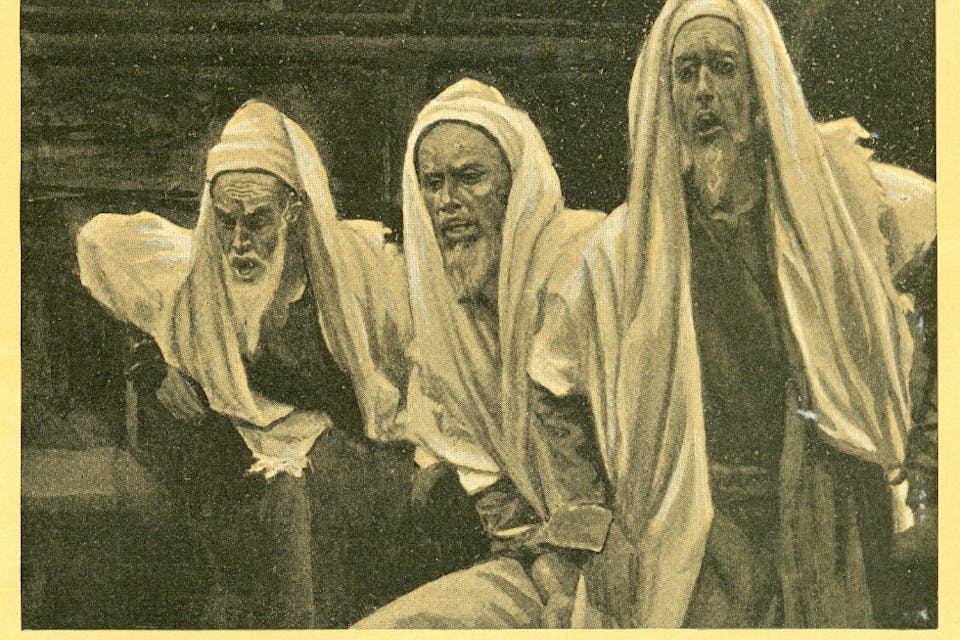
October 24, 2022
The Scourge of “Jewsplaining”
I've been spared an encounter with the neologism until lately. But, frankly, now that I have made its acquaintance, I find it idiotic. (And don't get me started about "goysplaining.")
I didn’t need to have been a non-resident of my native land of the United States for the past half-century in order to draw a blank when faced with Anti-Defamation League head Jonathan Greenblatt’s statement, made in response to recent remarks about American Jews by the former president Donald Trump, that these constituted “Jewsplaining.” An absence of a dozen years would have done just as well. The “splaining” part of “Jewsplaining,” I discovered upon looking into the word, entered the American language in the vicinity of 2010, when the term “mansplain,” a compound of “man” and “explain,” was coined by an unknown neologist to denote someone of the male sex who, as defined by Wikipedia, “comments on or explains something to a woman in a condescending, overconfident, and often inaccurate or oversimplified manner.” A mansplainer thinks that men always know best, no matter how dumb he is or how smart is the women he is conversing with.
The word caught on and soon spawned imitations: womansplaining, whitesplaining, blacksplaining, straightsplaining, gaysplaining, etc. All are part of a limited but linguistically productive trend that has affected English in recent years and in which the second half of a compound word, such as Watergate or whitewash, is decoupled from its first half and rejoined to a new partner. We have thus witnessed the appearance of words for scandals like Contragate, Iraqgate, Housegate, and Doublebillingsgate, and of such words as pinkwashing, sportswashing, and sharewashing for the concealment of a social or political injustice behind a screen of alleged fairness in some other area.
Jewsplaining, which has been around since at least 2013, belongs to this trend. Yet it continues to be confusing even when understood, because whereas it is clear that in mansplaining one is talking about male behavior toward women, Jewsplaining is used equally to refer to Jewish behavior toward non-Jews and non-Jewish behavior toward Jews. Consider the following examples: